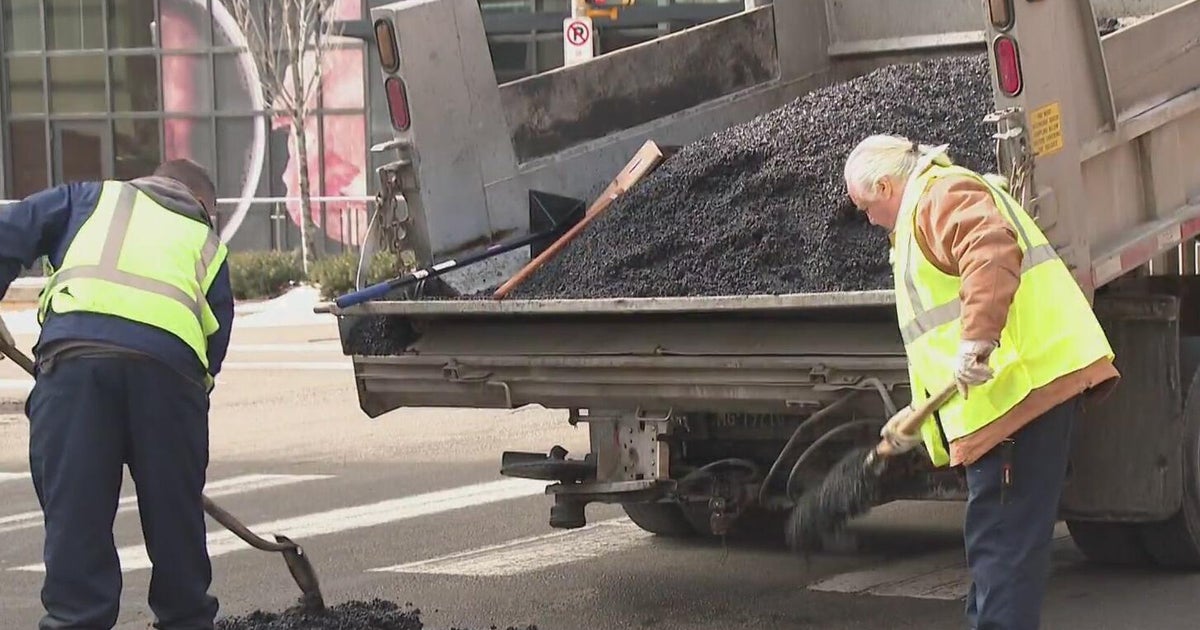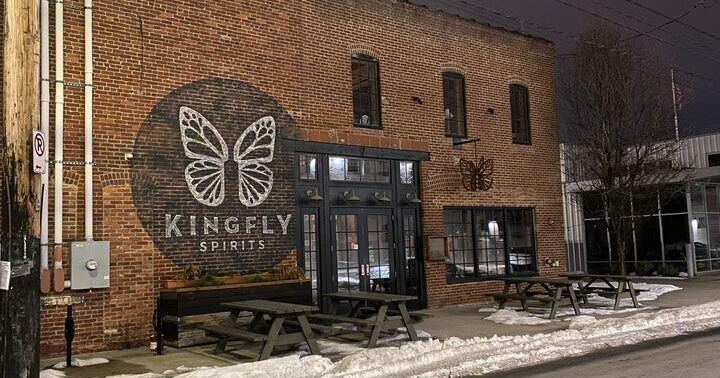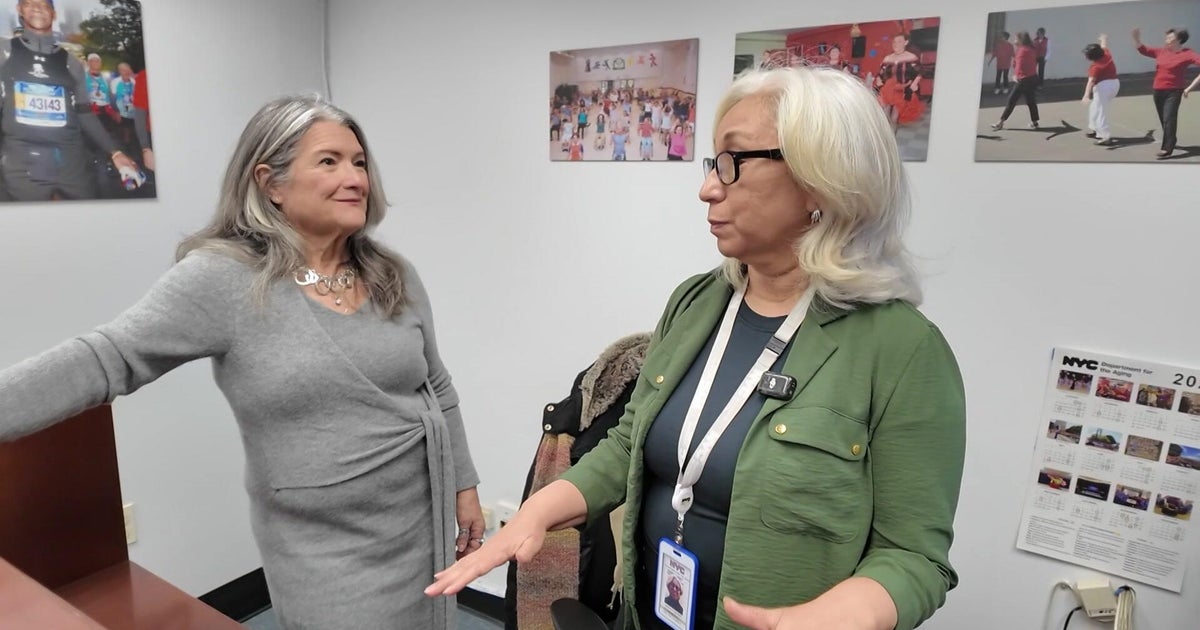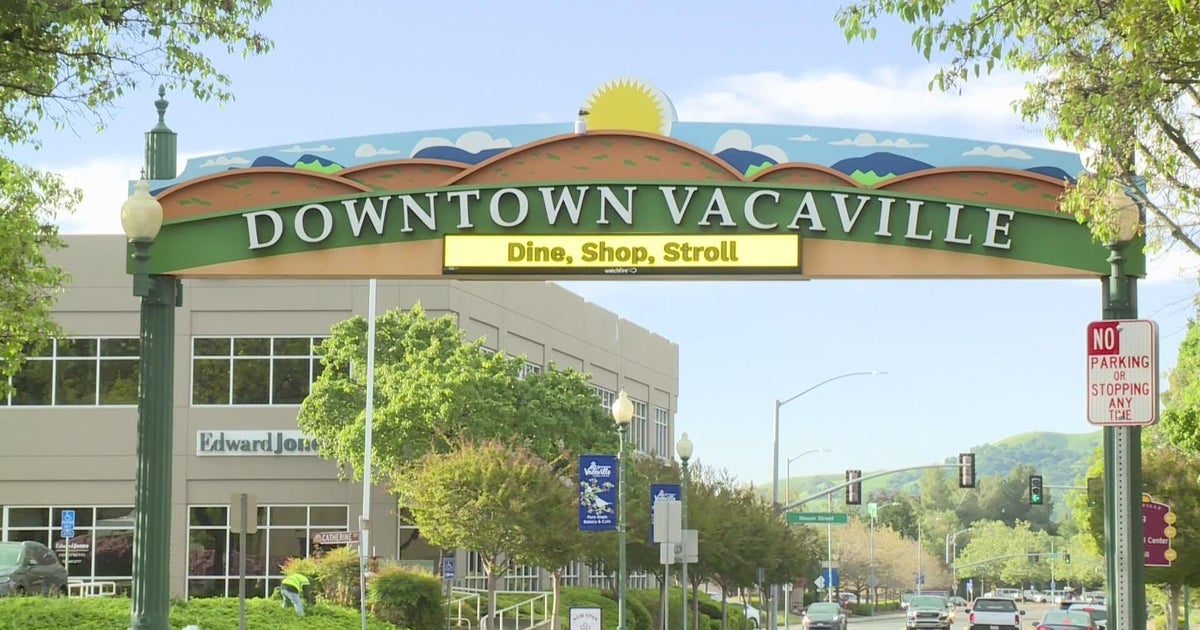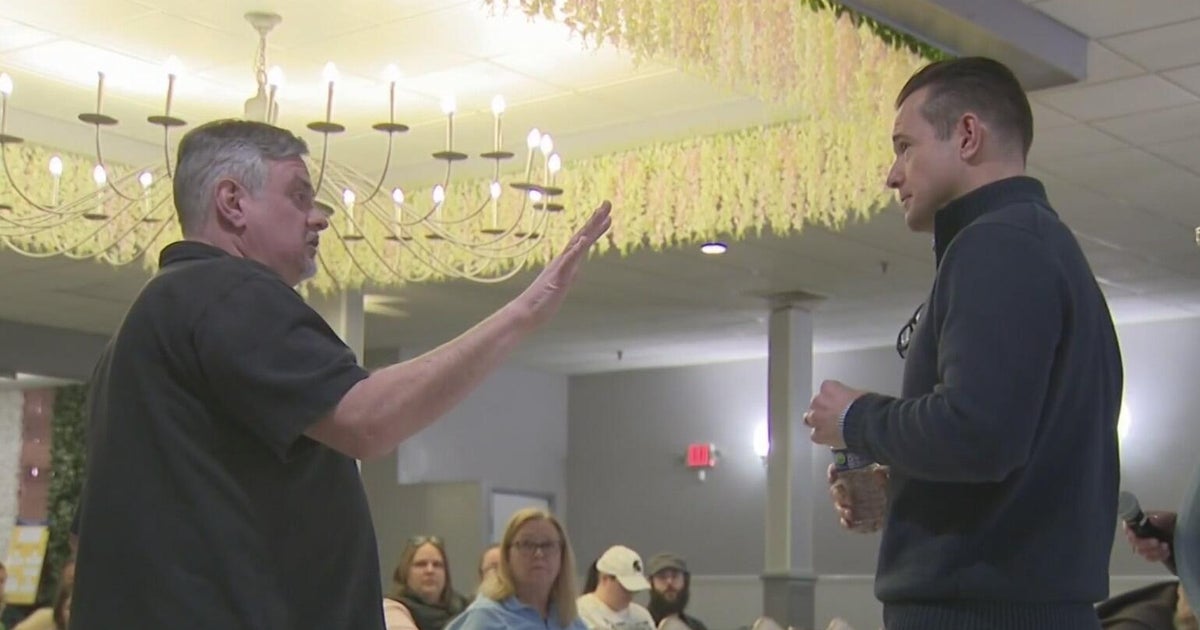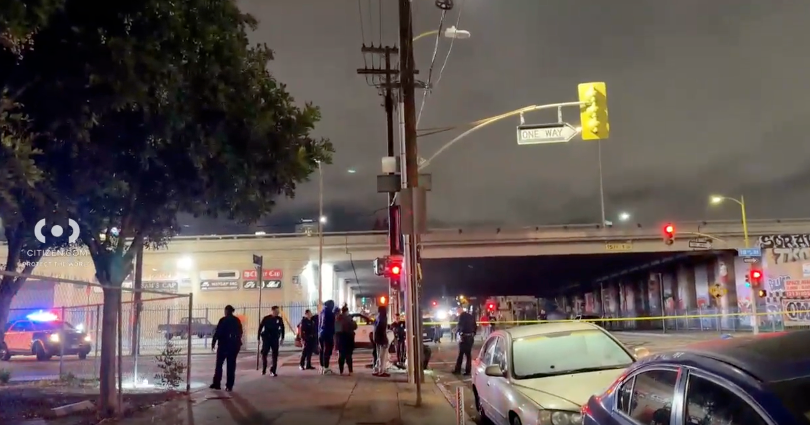Developers want to build in Downtown Pittsburgh. But they say this needs to happen first
PITTSBURGH (KDKA) — Downtown Pittsburgh office buildings cleared out during the pandemic, and efforts to convert some into apartment buildings have stalled.
While those projects are moving forward in other cities, developers say Pittsburgh isn't offering enough help. One Pittsburgh City councilperson wants to address that, but will it be enough?
"It's not going to happen without help," said Aaron Stauber of Rugby Realty. "There's no magic bullet here."
There are more than a dozen Downtown building owners looking to convert them to residential, but high-interest rates, high construction costs and a lack of demand have stymied those projects.
Stauber, whose Rugby Realty owns the Gulf Tower and two other buildings in Downtown Pittsburgh, says, unlike other cities, Pittsburgh has not offered the help and incentives needed to get the projects off the dime.
"The city of Pittsburgh is behind the eight-ball on this," Stauber said. "They have not yet, and the county and state quite frankly have not stepped up in the way other cities and states and counties have done."
Currently, the city is offering what developers call a small tax abatement in return for the inclusion of affordable housing in their residential conversion projects — not big enough to make those projects profitable.
On Monday, Pittsburgh City Councilman Bobby Wilson will be announcing a proposed ordinance to greatly expand the size of those tax abatements and include other incentives to move these conversion projects forward, along with the construction jobs they represent.
"We're talking thousands of jobs here if we put a program in place, a really good program, that's going to be competitive nationally," Wilson said.
From what he knows of the proposed ordinance, Stauber calls it a recognition of the hurdles developers face and a positive step forward. In and of itself, Stauber says Wilson's ordinance will not be enough but could be if other help comes from the state or federal government.
"There are specific programs being put in place that I'm confident that, together with that tax abatement, will be able to close that gap and allow these projects to move forward," Stauber said.
But for now, these projects are on hold, waiting for the help they say they need to move forward.
